Good Fortune Friday: Our interpretations of what sits inside a fortune cookie
With finals around the corner, Harker Journalism wanted to see what the future (the next two weeks) has in store for us. Keep reading to see how we reacted to our fortune cookie fortunes!
May 26, 2017
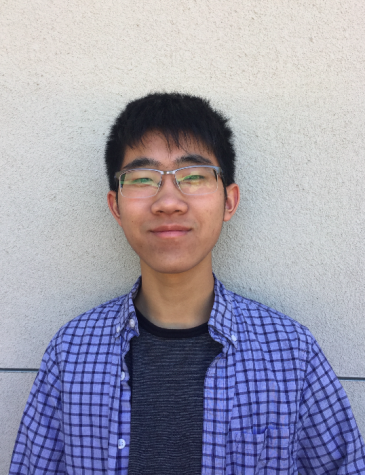
I have a rather distinct and perhaps uncommon view on fortune and luck. First, I believe thinking about good/ bad luck is counterproductive. It absolves you from responsibility over your actions and circumstances, and can thus induce despair or complacency. I believe one should always take pride forging your own fate. Somewhat related to this, this viewpoint also makes fortune and misfortune inherent character traits imposed by an outside force rather than a retroactive observation. People look at themselves and say “I’m so lucky” or “I’m so unlucky” and reinforce the narrative of powerlessness. This point has been made before, but tenacious, perspicacious and adventuresome people tend to be “luckier.”
This is not to deny the existence of truly random circumstances and incidents in people’s lives. But I nevertheless reject the useful of “good” and “bad” luck. What we see locally as “bad” luck may have very positive consequences in the long run. Imagine you walk outside, trip, and break an arm. Generally, we would call this bad luck. But it will have so many effects on your life that it could have a net positive effect. Maybe you don’t try that dumb stunt and don’t die. Maybe you slow down in your writing from using a non dominant hand and write better essays.
Or maybe none of that is true. Maybe your baseball team loses since you can’t play. Maybe you don’t finish your essay in time. Maybe there’s lasting damage. But both scenarios are equally possible. There are too many variables — nobody can make an epistemologically valid statement as to whether breaking your arm is good or bad.
So I do not think about whether I am lucky or unlucky. Such ideas poison the mind’s free will and are devoid of applicable meaning. Life is too complex a machine to treat grossly. Things simply “are” — neither good nor bad. And having accepted the inherent neutrality of random and uncontrollable events, the self is liberated to recognize one’s own faults and to assume true control over themselves and their circumstances.

Why are we inexplicably drawn to fortune cookies? Is it that the small piece of paper printed by a stranger has more insight into our lives? Is it for the taste of the hard cookie? The pride of having a purportedly “better” fortune than the person sitting next to you, even if you don’t believe the cookie’s message will ever actually come true?
The truth is, fortune cookies force people to examine their lives from a distance, looking at their long-term characteristics and outlook in a way that many don’t otherwise think about.
Sometimes, predictions about the future crystallize a goal or ambition, either concrete or spiritual. That’s a rather starting thought — the idea that this tiny, random slip of paper could actually catalyze any sort of serious ruminations, but it’s unfortunately true that many young people sometimes forget to self-reflect, considering who they are, all it took to get them there, and the type of person they want to turn out as.
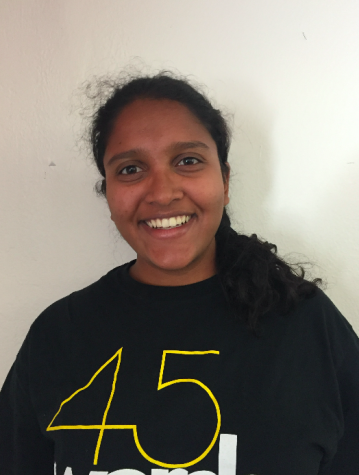
I close my eyes, buzzing with unbridled anticipation. My fingers break the cookie apart, and the tell-tale SNAP reassures me. I open my eyes, awaiting the rush of certainty that courses through me whenever I read the fortune that a machine in a cookie factory has predicted for me, but instead, all I feel is confusion. I don’t see that stiff white slip of paper, no. Looking down, all I see is a decimated cookie in my hands and pale crumbles scattered across my ratty old blue jeans. I immediately assume that I had dropped my fortune, and I run my fingers along the carpet, but it’s not there – my fortune has gone MIA. Masking my disappointment with amusement, I ask for another cookie, and repeat the same process only to discover that I still am not in possession of a fortune. Confusion closes in on my mind like storm clouds as I wonder what the symbolic implications of my fortunelessness could be – Could it mean that I am unlucky? I imagine what would have happened if my cookies indeed did have that tiny white rectangle of live within.
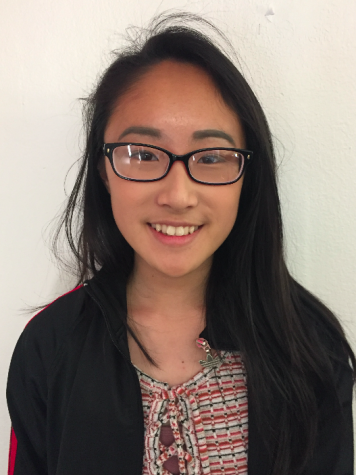
One of my favorite lines in Tony Kushner’s play Angels in America is spoken by a delirious Valium addict in the midst of a hallucination: “Nothing unknown is knowable.” A simple quote, only four small words, and yet a universe of undiscovered truths and unanswered questions open on the horizon. How much of the world do we really know? What is beyond the limits of human imagination? What even is human imagination, and does it have limits?
Little did I know that this fragment of thought would find its way into the small hollow interior of a simple, generic fortune cookie. Upon breaking upon the tan, waxy shell, I uncover a slip of paper on which the words “What the eye does not see, the heart does not grieve for” are written in a queer red text, the red of a ribbon, stretched across a road between this world and the next, waiting to torn through. Nothing unknown is knowable.
I find it ironic, then, that the back of this slip of paper should house a series of numbers. 39, 18, 42, 17, 28, and 11. Should they mean anything, I wonder? Even if they are the guardian of some secret vault of truth, how is it possible to know that which is unknowable, to grieve for what the eye does not see?
Perhaps, it is the wonder in these deceptively promising delicacies that captivates us. The mystery behind prophecy has only fueled a desire to know that which is unknowable, an unquenchable fascination for the cryptic and the arcane. Perhaps that is why the fortune cookie has survived hundreds of years and continues to delight both young children and experienced professionals who dream of holding their future in their hands.
We may never be able to wield the power of auguries or crystal balls, but it certainly wouldn’t hurt to try, to wonder. Perhaps one day, we will find the unknowable, and who knows what will happen then?

Alcohol and knowledge have two thing that most everyone takes throughout the course of life. They’re also two bigs parts of college life. In a couple years, I’ll go to college, and I’ll have my first drink. But my main incentive for attending will be to gain more knowledge. Both alcohol and knowledge are present in more than just college though. Throughout my entire life, I’ll be learning and alcohol is all too common at school gatherings. Thus, my fortune cookie has provided me advice on how to go about life. Enjoy life, and have fun, but remember to stay in control, and always keep learning and discovering new ideas. Thanks, fortune cookie. Advice duly noted.
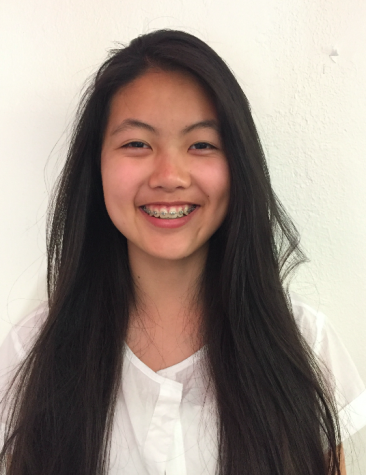
“What?” That was my first reaction when I picked up the little slip of white paper that fell out of the fortune cookie and read the red message. My fortune was revealed to me through a satisfying crunch confounded me. Anticipation of finding out what a cookie had to say about me deflated into confusion. The slip of paper had so temptingly peaked out of the fortune cookie’s mouth moments before, and now, the cracker seemed like one of those people who would be better off looking smart and saying nothing.
The jagged edges of my cookie crunched around in my mouth as I contemplated the meaning of my new revelation. Surely, as a high school student, my heart was far less than pure. Surely, with me being sleep-deprived, my mind was far less than clear. Surely, with me having no real aspirations as of that instant and being bound to no religion, my soul was not devout.
I thoughtfully chewed at the sticky sweetness of my new fortune. Desperate to find an answer, I looked at the numbers on the other side of the paper: 42, 33, 12, 36, 23,19. Surely, the answer to life, the universe, and everything was the first number, but no answer presented itself to the question I was pondering: Is this fortune really me? Of course, some have told me that I am innocent and I do well when I actually try to, but does a general sentence on a slip of paper really define who I am? Wait. I know the answer to this one. Yes, it does. But only on college applications. Just as astrology doesn’t always perfectly match a person’s personality, this fortune cookie couldn’t be expected to either. I am who I am, and I can define myself. I don’t need to let a cracker do it for me. Fortune cookies aren’t magical. Or are they? I guess they are, in their own sweet, special way.
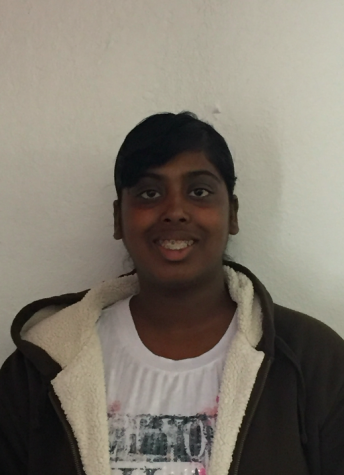
This fortune reminds of a rollerskating competition I participated in last year. I practiced hard for the competition because I had not done well in the last one. Figures and dance were the categories I competed in. When I walked into the skating rink, a woman handed me a package with my number and the schedule for the weekend in it. As soon as I sat down, I checked out the times I was expected on the rink. I put on my skates and as I wanted for the announcer to call my event, I got curious to find out who I was competing against. I looked through the schedule and found out I was only competing against two other people in both events. The first three people always win a medal, but I wanted to get the gold medal. Then, my event was called. I did both events the best I could. That day I improved my standing and won first in both events.
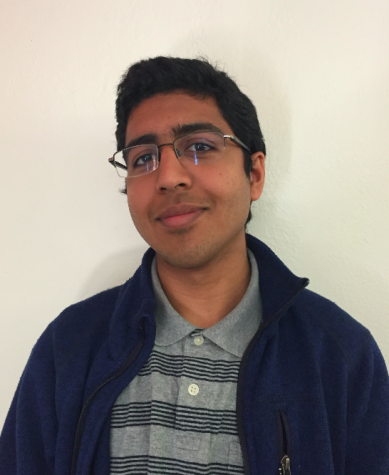
Of course it feels great to defy the odds; When you beat someone and tell them that you were right. The feeling of superiority and justice just overcomes us. But where should we draw the line? Certainly some things in this world remain impossible no matter how many times inspirational quotes will tell us otherwise. At some point, we should accept that some thing are impossible, and move on to greater things. If someone tells you “no way,” acknowledge them and consider their logic. If you are compelled to pursue this task against all odds, consider that you are blinded by your end goal. Thinking of situations one way never works out. Perhaps accepting that you cannot “do it” allows you to pursue other lofty and important goals. To maintain a proper attitude, we should seek balance in viewpoints of other people. Otherwise, the candle lighting our path will die quickly. Walking aimlessly in the darkness makes it tough to reach an end goal. So do not stop until you know you should stop, but always keep in mind when exactly to stop, even if it means asking others for advice that contradicts what you believe.






